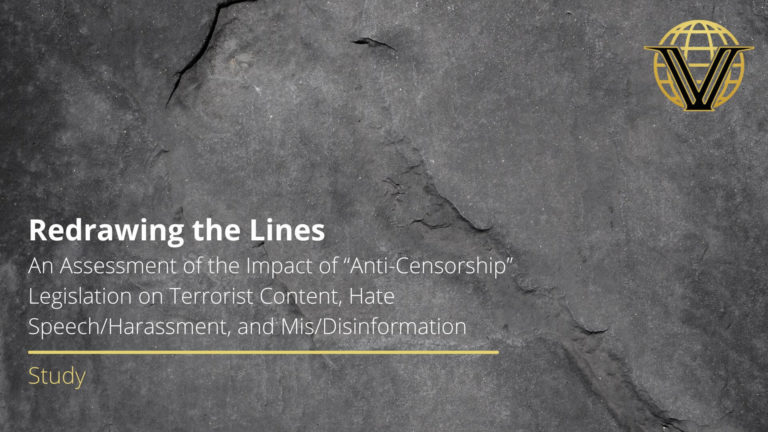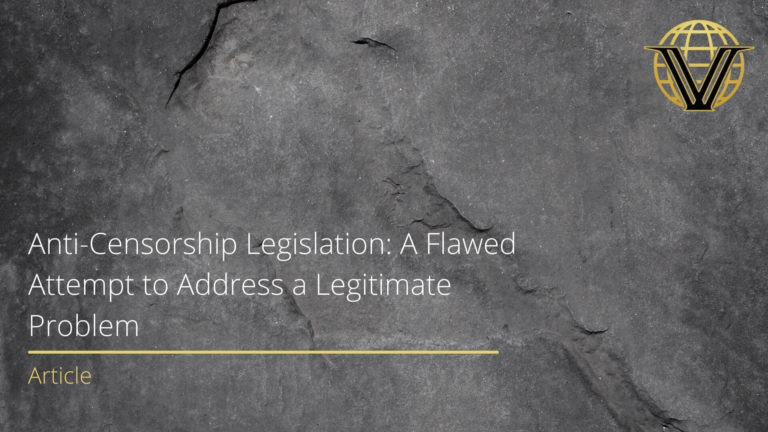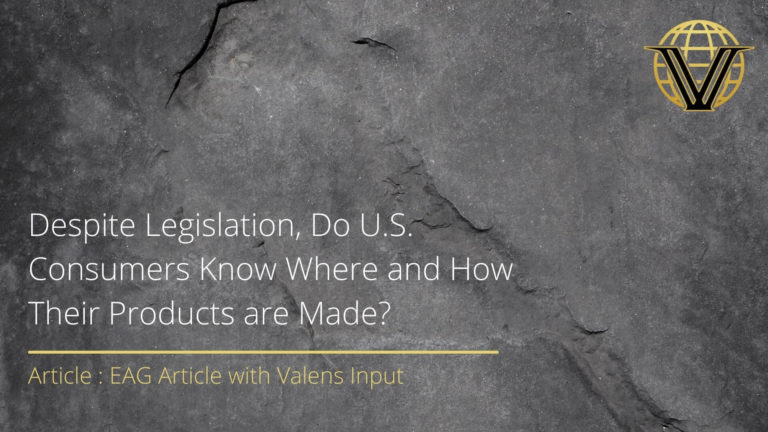Daveed Gartenstein-Ross
The Islamic State, popularly known as ISIS, is in many ways an innovative economic actor. But its method of bringing oil to market has been anything but cutting-edge. ISIS took advantage of a black market that had been sharpened long ago, when Saddam Hussein’s regime looked for ways to skirt the sanctions imposed on it after the first Gulf War. Since ISIS had exploited pre-existing market incentives, an obvious coalition response was to change those incentives by significantly driving up the cost of doing business with ISIS. The coalition began to do that in late 2015, when it started targeting the trucks that bring ISIS’s oil to market—but it was quite late in taking this step.
As Charles Duelfer’s 2004 report on Iraq’s weapons of mass destruction program details, Saddam’s regime began to export crude oil through private businessmen almost immediately after sanctions were imposed on it following Iraq’s defeat in the 1991 Gulf War. Though black markets had long existed in the region, they ballooned to an unprecedented size, as Iraq used its state power to bolster them. Saddam’s regime earned around $439 million per year through its exploitation of the black market from 1991 through 1998. Oil was a key commodity that moved through these black markets, but so did other goods and resources.
During the sanctions era, parts of Iraq depended on these black markets. Smuggling, sanctioned and promoted by the government, came to be seen as a legitimate profession and was particularly pervasive in the Sunni-majority provinces of Anbar and Ninewa. Even after Saddam’s fall, Iraq’s government continued to tolerate, if not support, smuggling. It wasn’t going to clamp down in the midst of the post-Saddam chaos—not when the black markets were often more reliable than the state, particularly in the Sunni areas most affected by the insurgency.
So when ISIS came to control oil resources following its territorial conquests, it was natural that the organization would take advantage of these black markets. The much-discussed Baathist presence in ISIS’s ranks helped them to exploit this illicit economy: some former regime members in ISIS had played a role in these networks, while others had historical knowledge of them. The Islamic State thus inherited illicit markets that had been built up over twenty-plus years, and the profit motive inherent to these markets gave participants a perverse incentive to turn a blind eye to ISIS’s entry.
Though ISIS’s finances have always been opaque, at its height, the sale of crude and refined oil seems to have been the group’s largest source of revenue. In July 2014, ISIS was believed to control more than 80 oil wells and 11 oil fields in Syria and Iraq, though many of the wells were sealed and non-operational. Most analysts estimated ISIS’s earnings from oil sales at between one and two million U.S. dollars per day at its peak. However, the fact that some revenue was lost to middlemen in the black market suggests that this number may have been exaggerated, and Aymenn Jawad al-Tamimi’s research into ISIS documents similarly suggests that analysts’ estimates have often overstated ISIS’s oil revenue.
The United States began bombing ISIS’s refineries in September 2014, severely reducing the group’s revenue from oil sales due to the steep difference in price between refined and unrefined oil. Estimates from October 2014 suggested that air strikes had destroyed 50 percent of ISIS’s refining capabilities in less than a month.
But even with its infrastructure significantly damaged, ISIS continued to generate revenue through oil sales andmaintained the ability to extract oil from fields under its control. ISIS officials and citizens in ISIS’s territory built new mobile refineries, costing as little as $20 thousand to make, to replace those that were destroyed by strikes. This is why targeting the trucks transporting ISIS’s oil to market was such an important step. Doing so changes market incentives: If your truck might get destroyed when you do business with ISIS, you might stop doing business with the group. At the very least, you will charge them a premium.
This relatively new move by ISIS’s foes won’t drive its oil revenue down to zero. But ISIS has a state to run, and increasing the group’s costs can force it to make even more difficult decisions and trade-offs.
ISIS’s recent attacks on oil facilities in Libya suggest that it is trying to duplicate the dynamics that worked to its advantage in Syria and Iraq. The story of ISIS and oil may be far from over.



